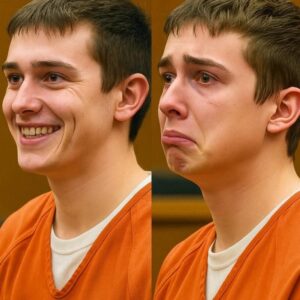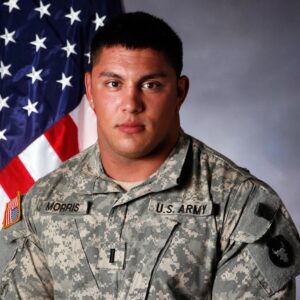When Kira was twelve, she looked like any other skinny girl with oversized eyes and quiet dreams—until her stomach started swelling. At first, her mother thought it was just a stubborn flu, maybe a digestive bug. But the days passed, and Kira’s pain didn’t fade. It grew worse, until she couldn’t even sit up without crying. Her belly, once flat and childlike, became tight and distended. Something was wrong.
They rushed her to the nearest hospital, which was an hour away on a rickety bus that coughed smoke with every turn. Her mother, a single woman working two cleaning jobs, held Kira’s hand the entire ride and tried not to cry. She couldn’t afford tears—not when her daughter needed strength more than anything else.
At the hospital, doctors poked, prodded, scanned, and tested until the diagnosis came: intestinal lymphangiectasia. Rare. Chronic. Life-threatening if untreated. Her body wasn’t absorbing nutrients. Fluid was leaking into all the wrong places. She was slowly drowning from the inside out.
Treatment meant injections, surgeries, restricted diets, and months—if not years—of specialized care they couldn’t possibly afford. But Kira didn’t complain. Even at twelve, she understood how tired her mother’s eyes had become.
She forced a smile, even through the sharp jabs of pain. She thanked the nurses who treated her like glass. She whispered encouragement to her mom at night when they thought no one else could hear. And when it hurt the most, when her stomach burned and her legs went weak, Kira bit her lip, closed her eyes, and dreamed.
She dreamed of white coats and steady hands. Of cool stethoscopes and soft voices that said, “You’re going to be okay.” She dreamed of being the person who made pain stop. Not for herself—but for others. It was then, at her lowest, that Kira decided: she would become a doctor.
The road wasn’t easy.
School was brutal. Her illness had stunted her growth, and her medication made her puffy and pale. Other kids noticed. They laughed. Called her “Balloon Girl,” “Moonface,” and worse. Kira learned to ignore it, though sometimes she cried in the bathroom stall between classes.
But she kept going.
She studied through fevers, memorized flashcards during hospital stays, and wrote scholarship essays under flickering lightbulbs in their tiny one-bedroom apartment. Her mother never stopped working—scrubbing floors, folding sheets, cleaning hotel rooms—until her hands cracked and bled.
But the pain wasn’t for nothing.
Kira earned a full scholarship to medical school.
It was there, surrounded by cadavers and case studies, that Kira’s life changed again—this time, in a flash of smoke.
One cold November night, a fire alarm screamed through the student dorms. While most fled to safety, Kira heard screaming from the third floor. Without hesitation, she rushed back inside and found a fellow student trapped behind a collapsed bookshelf and rising smoke. Kira pulled her free, using her slight frame and sheer determination to guide the girl out.
The story made local headlines, but Kira avoided the cameras. She didn’t want praise. Saving someone wasn’t heroic to her—it was the point.
Years passed. She became a doctor.
Not the kind who walked with arrogance or kept her hands clean. She took the shifts others didn’t want—holidays, nights, high-risk cases. She listened. She held hands. She remembered what it felt like to be the one in the bed, not the one beside it.
And one day, a mother walked into her clinic with a girl no older than Kira had been when her stomach first swelled.
The child looked frightened. Her abdomen was distended. Her skin pale. Her medical file was thick with question marks.
Kira flipped through the charts and felt her heart skip.
She recognized it.
After running the tests, she sat beside the mother, who clutched her purse like a lifeline.
“She has intestinal lymphangiectasia,” Kira said gently.
The woman’s face crumbled.
Kira leaned forward, reached for her hand, and said the one thing no textbook could teach her: “I had it too. I know how scared you are. But I made it. And so will she.”
The mother broke down in tears.
But Kira didn’t.
Not until weeks later, when a different woman knocked on her office door with a shy smile and a little girl peeking out from behind her leg.
The woman had been one of her earliest patients. She stepped forward, holding the child’s hand.
“I wanted you to meet her,” she said. “I named her Kira.”
This time, the tears came.
Not from pain. But from joy.
Because Kira finally understood—her grandmother was right when she used to whisper, “Some hearts shine brightest after breaking.” And Kira? She didn’t just survive.
She became a lighthouse.





